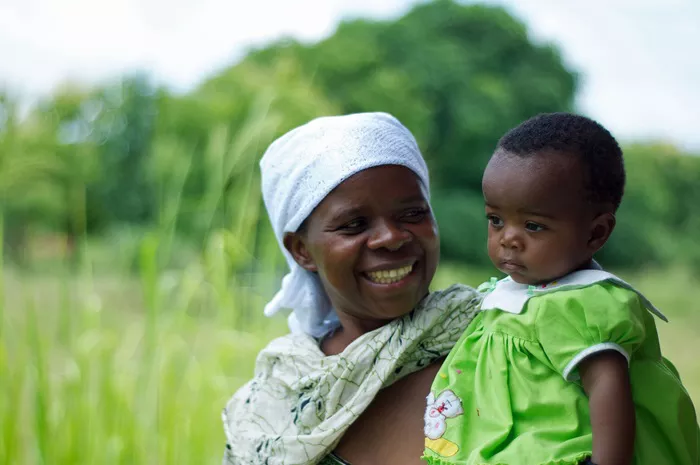Doctors are increasingly worried about the risk of avoidable deaths among mothers and babies as the NSW rural health system faces severe challenges. The system has been declared the worst it has been in years, with significant issues in maternity services.
A recent parliamentary committee report highlights dire staff shortages in rural maternity care and general practice, describing the situation as a “crisis.” The report also notes that staff burnout is widespread.
The committee has been reviewing the progress of rural health reforms following a critical 2022 inquiry. That inquiry revealed that patients in country NSW had much poorer health outcomes compared to those in cities.
While there have been some improvements in retaining staff and increased engagement from the NSW health minister, the report indicates that essential changes in other areas are either slow or missing. “There is still much work to be done regarding workforce, culture, and funding,” the report stated.
The report highlights that regional healthcare in NSW is now at its lowest point in many years, particularly in primary health care and rural general practice. Staff shortages in maternity and obstetrics are so severe that some birthing services are barely operational.
Large regional hospitals in the state’s north are frequently bypassed, forcing expectant parents to travel hundreds of kilometers. “Our great fear is that if several larger services are bypassed in sequence with long retrieval times, we might eventually see an avoidable death of a mother or baby,” warned Rod Martin from the Australian College of Rural and Remote Medicine.
The earlier inquiry recommended a review of funding across all local health districts to identify service gaps. However, the committee found no clear evidence that this review was conducted, with uncertainty remaining about funding in some areas.
The shortage of GPs is exacerbating the situation, as 72 doctors left rural and remote areas for larger centers in the latter half of 2022. “The GP workforce, particularly in supporting hospital care, is in dire need of support,” the report stated, urging greater collaboration between federal and state governments.
Workplace culture issues persist, with reports of bullying, psychological injuries, harassment, and racism affecting both doctors and nurses. The committee recommended that NSW Health urgently complete and implement its culture framework and provide managers with leadership training.
Despite these issues, the report acknowledged the NSW government’s efforts, such as staff incentive payments that helped retain 9,000 positions. However, it suggested that these incentives should be reviewed and expanded, as they inadvertently created divisions among staff.
Committee chair and independent MP Joe McGirr noted that while NSW Health has made significant efforts towards reform, progress must continue. The government is expected to respond by February 2025.


